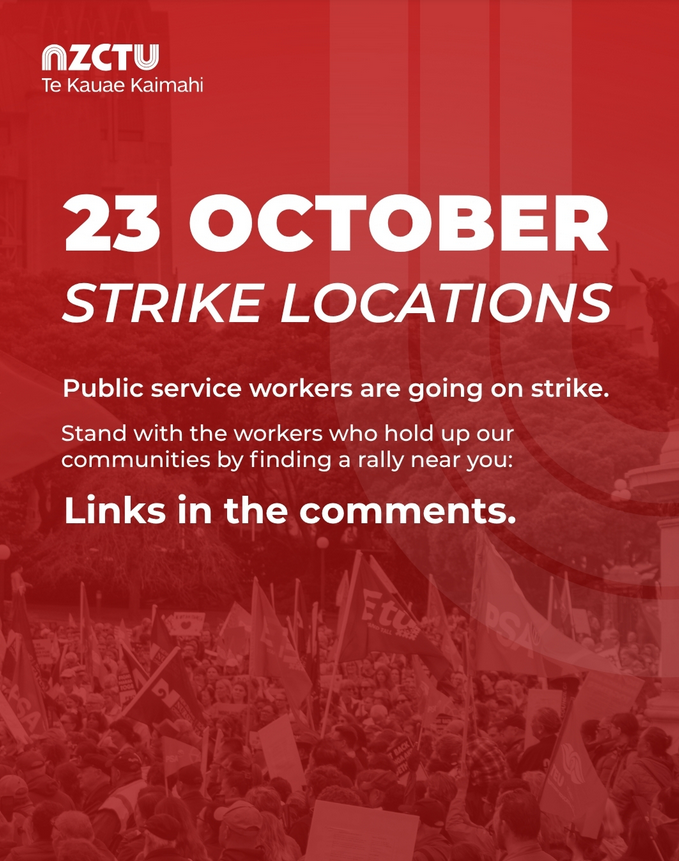Why It’s Vital to Make a Police Complaint if You Are Assaulted at Work
- Jeremiah Smith
- Apr 29, 2025
- 3 min read

Why It’s Vital to Make a Police Complaint if You Are Assaulted at Work
Please follow this link to make a formal Police Complaint if you are assaulted at work : 105 Police Non-Emergency Online Reporting | New Zealand Police
Please also let NUPE know.
NUPE has a number of members that work in high-intensity environments where there is an unfortunate risk of being physically assaulted, threatened and intimidated while on the job. From Youth Justice Residences, to Community Probation and Community Work Supervision, to provision of supported living in the community sector, the work can be rewarding and can be dynamic and volatile.
There can sometimes be mixed feelings about reporting assaults in the work place and sometimes a lack of clarity about whose role it is to report assaults to the police. No matter the workplace policy, It is important that if you are assaulted – you make a police complaint – here’s why.
Protect Your Rights and Safety
First and foremost, being assaulted at work is not "just part of the job." Regardless of the setting, you have a legal right to a safe workplace. Making a police complaint ensures that your rights are recognized and protected. It sends a clear message that violence against staff is unacceptable and will be treated seriously. If incidents are overlooked or minimized, it sets a dangerous precedent — not just for you, but for your colleagues and the workplace culture as a whole.
Hold the Right People Accountable
Young people in justice settings, those involved with corrections and those that require supported community based living, often face complex struggles. Accountability is a key part of their rehabilitation and or ongoing support. Reporting an assault to police emphasizes personal responsibility and demonstrates the real-world consequences of violent behaviour.
Without formal complaints, harmful actions may go unchallenged, undermining the goals of rehabilitation and allowing patterns of violence to continue unchecked. If it is reported, care plans to effectively manage this risk can be developed and implemented and it can provide insight to a pattern of behaviour by the individual.
Ensure Organizational Transparency and Support
When incidents are officially recorded with law enforcement, it forces organizations to take them seriously. It prevents situations where an assault could be quietly "managed" internally without due attention. A police complaint prompts formal investigations, appropriate supports, and a higher standard of organizational accountability.
It also gives you documented evidence, which could be crucial for workers’ compensation claims, psychological support access, or even future legal protections.
Promote Cultural Change
Historically, some workers in care and justice settings have been made to feel that "coping with violence" is simply part of the role. This culture is outdated and harmful. Every police complaint helps chip away at that mindset, advocating for a more trauma-informed, safety-conscious approach for both young people and staff.
A single complaint might feel small, but collectively, these actions contribute to systemic change — demanding better risk management strategies, better staffing models, and better training.
Protect Your Mental Health and Wellbeing
Being assaulted can be deeply traumatic. Denying or minimizing that experience can compound harm and delay healing. Reporting the assault — and seeing it taken seriously — can be an important step in affirming that what happened to you matters. It can help you access counselling services, medical care, time off, and the space needed to recover emotionally and physically.
Ignoring or "pushing through" the trauma can lead to burnout, chronic stress, or more severe psychological injury later on.
Key Message From NUPE
Reporting an assault to the police isn't about being punitive — it's about upholding safety, respect, and justice for everyone involved. It's about making sure that workplaces are held to the standards they promise and that violence, even in complex environments, is never normalized. If you’re ever unsure about the process, reach out to NUPE, a manager, or a trusted advocate for support. You deserve to work in an environment where your safety is paramount — and making a police complaint when needed is one way to ensure that happens.








.png)



Comments